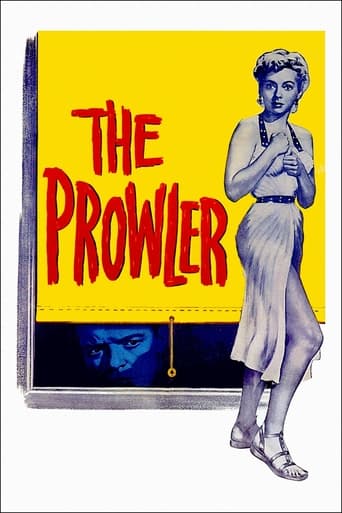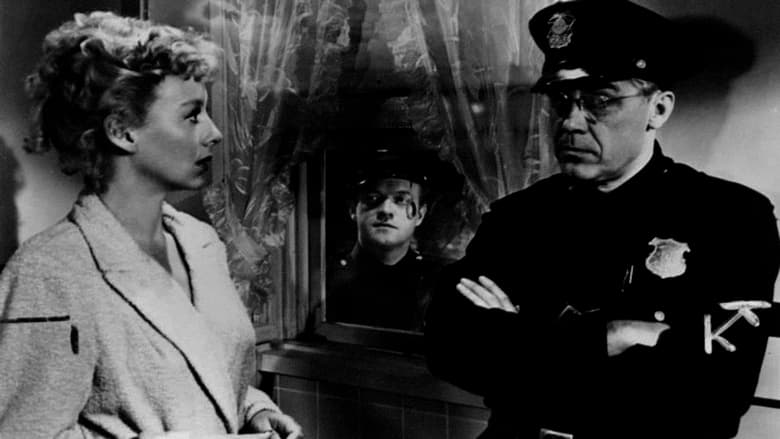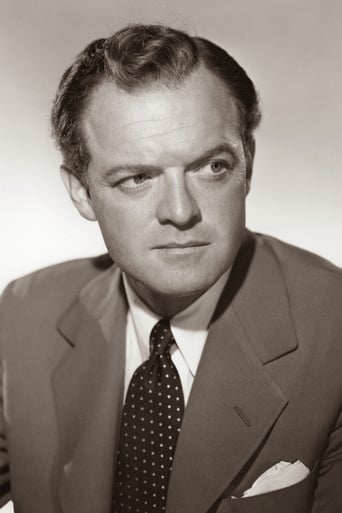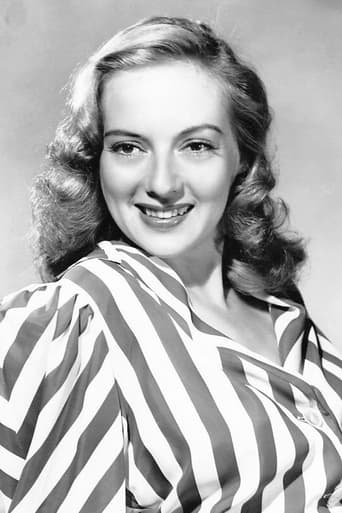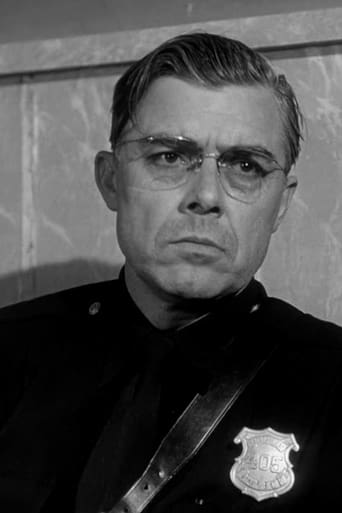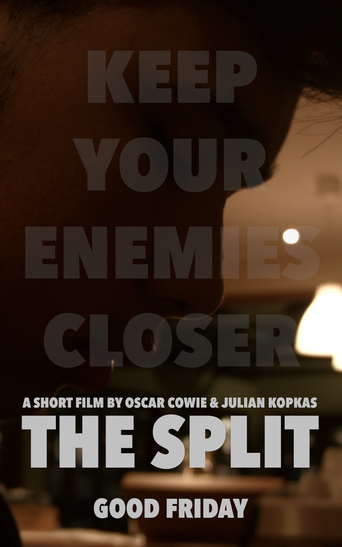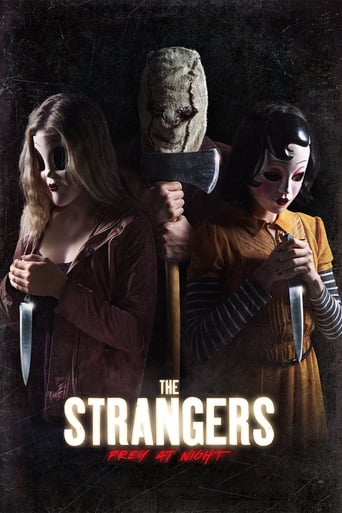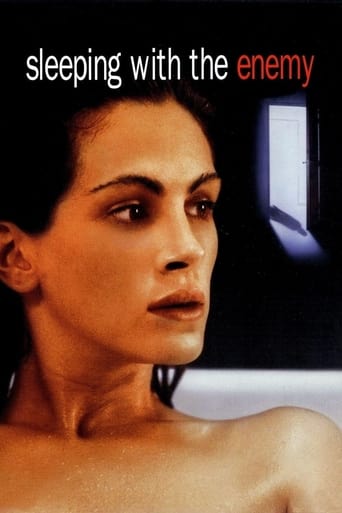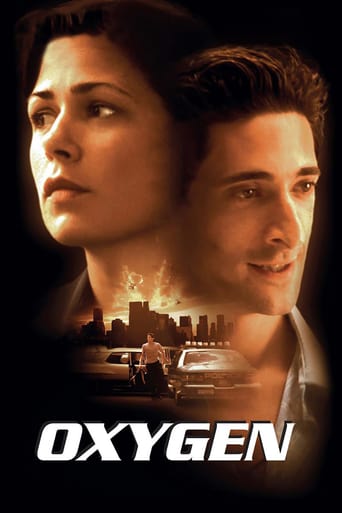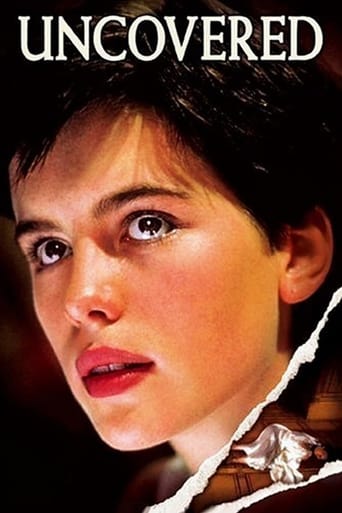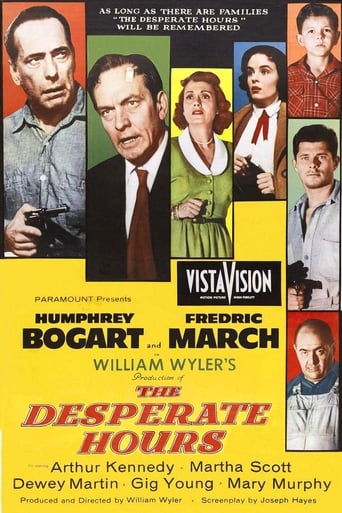The Prowler (1951)
Los Angeles, California. A cop who, unhappy with his job, blames others for his work problems, is assigned to investigate the case of a prowler who stalks the home of a married woman.
Watch Trailer
Cast
Similar titles
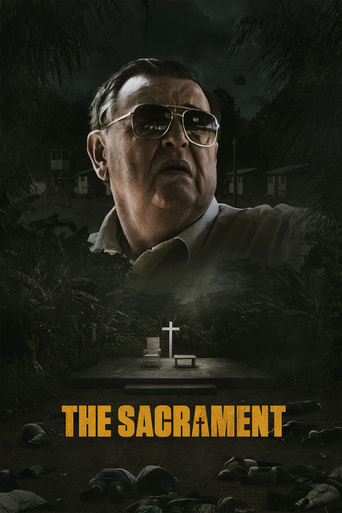
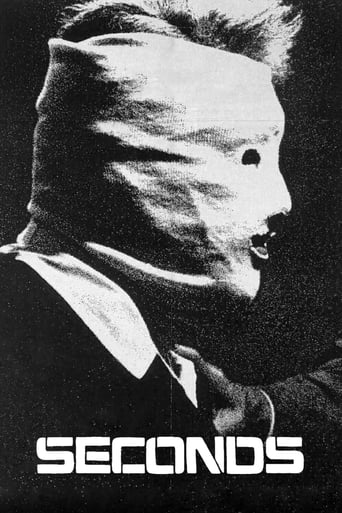
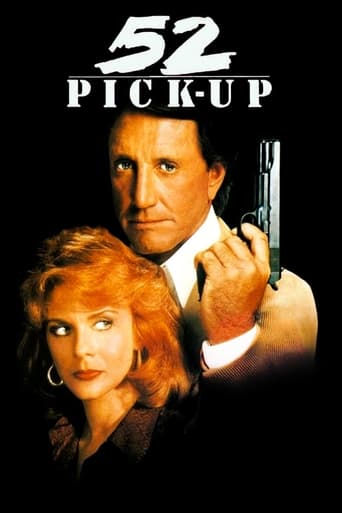
Reviews
You won't be disappointed!
To all those who have watched it: I hope you enjoyed it as much as I do.
This is one of the few movies I've ever seen where the whole audience broke into spontaneous, loud applause a third of the way in.
A terrific literary drama and character piece that shows how the process of creating art can be seen differently by those doing it and those looking at it from the outside.
The very end of the movie, when the cops shoot Van Heflin in the back while he's climbing up a dirt mound without knowing whether he even has a gun, seems very callous towards human life. He's just a suspect at this point.Other than that, I can't praise the film highly enough - and I'd never heard of it until I read about it on a Top Ten film noir list!
This is a really good and sadly overlooked film noir. No happy endings are to be found here, just good performances and writing and a close to perfect example of the film noir genre.
Webb Garwood (Van Heflin) is NOT your average policeman. After he and his partner respond to a prowler call, they leave....and Officer Garwood returns later. He claims he's just checking in on the woman but it soon is obvious that he is very interested in the pretty, well-heeled lady. At first, she rebuffs his advances...but soon is infatuated with him. The problem is that she is married...and Webb has a plan. You see, he's a master manipulator and his interest in Susan (Evelyn Keyes) is more than just sexual...he knows she has money...money which can help him retire in style! So he hatches a crazy plan to kill the husband...and thus live happily ever after! So what comes of this vicious plan?!In some ways, this is a good example of film noir--such as the dirty cop, the murder and the affair. But in other ways, it's not quite a typical noir. The camera angles and dark cinematography is missing and the picture is a bit more Hollywood in look than a typical noir. I'd more consider this one noir-lite! This isn't really a complaint...more just an observation about the style of the film.All in all, this is a very exciting and bleak film. The ending is top-notch and the film one of Heflin's best. Well worth seeing...and oddly not especially well known or formulaic in the least.
No need to repeat the plot. When not preening with muscle magazines or complaining about frustrated ambitions, unhappy cop Webb Garwood is plotting cold-blooded murders. So what is it with this guy. The casual folks he meets seem happy enough, satisfied I guess with ordinary lives. But not the ambitious Webb. When you think about it, he's really one of the more dislikable guys in all noir. But you do have to think about it, because actor Heflin underplays to the extent that it's hard to know at times what Webb is thinking. His actions, however, add up to about as unsympathetic a character as any to come out of that ambiguous movie genre. So, when he finally tumbles down that symbolic slag heap, I'll bet there isn't a wet eye in the crowd anywhere, any time.He is, nevertheless, a fascinating character as outlined by ace screenwriter Trumbo. And that, I think, is one big attraction of the film. Just what does lead the wayward cop down the path of eventual self-destruction. To me, it's a sense of a lifetime entitlement bred by his big success as a school–age athlete. Watch him preen and reminisce about it with an adoring Susan (Keyes), his eyes fairly glowing with self-congratulation. The trouble is that's about as far as his sports abilities will take him, a lot less further than he wants to go. But unlike frustrated actress Susan who's settled for conventional marriage, Webb can't face up to the hard reality of limited ability and accept the ordinary life of a cop. In short, he's an early victim of what we might now call the celebrity syndrome. So he hangs on to the past, projecting it instead as entitlement to more than a conventional future, whatever the cost to others. But there's paradox here, and I'm not sure if it's writer Trumbo's way of further denigrating the guy. After all, you'd expect Webb to be aiming for some kind of big money glamour or celebrity, after taking all those risks. But no, instead he yearns for a modest motel, not a big- time something like most crime schemers. Just something he might have gotten if he'd simply saved his money. Odd that his dreams would take such a petit bourgeois form. Then again, maybe Trumbo is implying that for all his clever scheming, the frustrated cop is not very intelligent, after all. Maybe that's also why the slag heap he almost surmounts is no higher than it is.Actor Heflin is excellent in a role surprisingly unlike his sturdy paragon of decency in such later films as Shane (1953) and Patterns (1956). And I really like actress Keyes in the conflicted wife part. She looks like she's been around the block a few times and just can't help herself. The way the two bounce off one another is almost comical, like yo-yo's in their on-again off-again affair. But she's got a sense of right and wrong that keeps catching up and pulling them apart. On the other hand, is the glue drawing them back together and that, I guess, could only be from some really steamy sex, of course, not showable during that Production Code era. But do they actually love each other as they appear to at times. Maybe she does, but he appears too self-centered to commit to anyone else.In the noir universe, things don't always work out for the best, that is, unlike the typical Hollywood product of the time. I think that's why many of us are drawn to noir and its less predictable world. Things certainly don't work out here for Webb and Susan. Just check out that parched landscape where they end up. No wonder left-wing artists were drawn to a kind of canvas that provided room for social criticism. So when artists like Trumbo and Losey were blacklisted, it wasn't just people who were blacklisted—it was noir as well. Check out the drop-off of recognizable noir after 1951, the year of major UnAmerican Activities hearings. That ambiguous universe was simply too unconventional to fit in with the emerging Soviet rivalry. Too bad, because Cold War also spelled the end of disturbing little features like The Prowler.(In passing—Calico, the movie's featured ghost town, has since been restored and is now a popular tourist attraction northeast of LA.)
